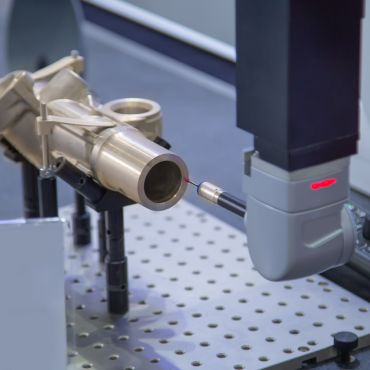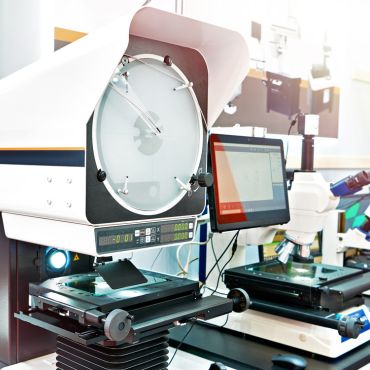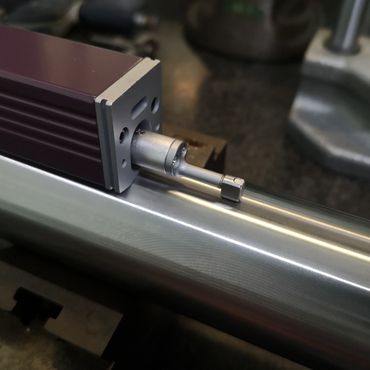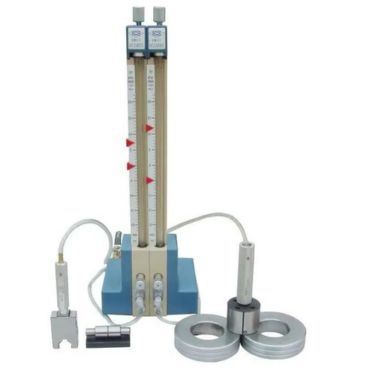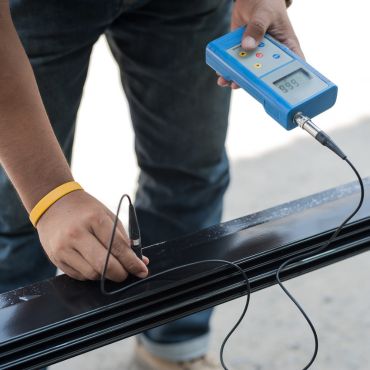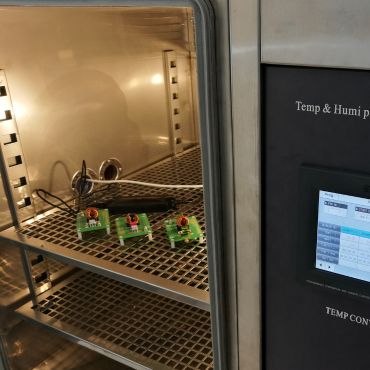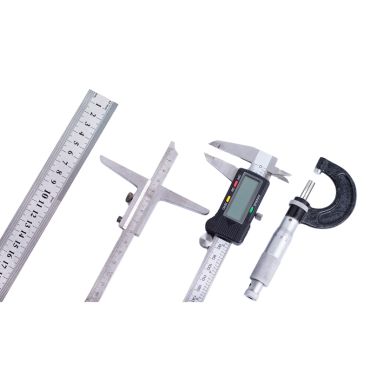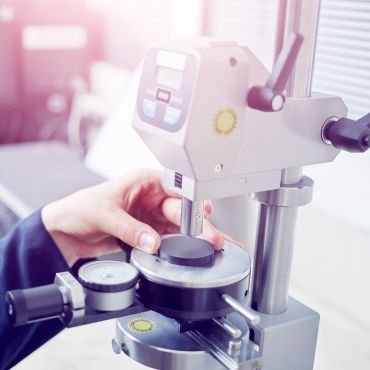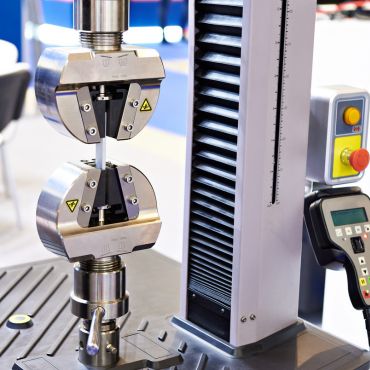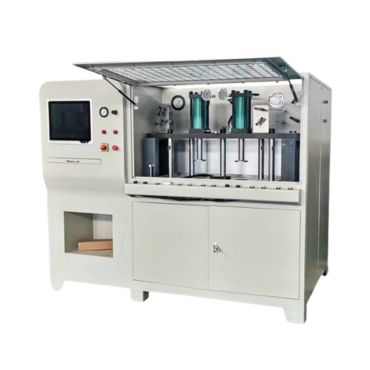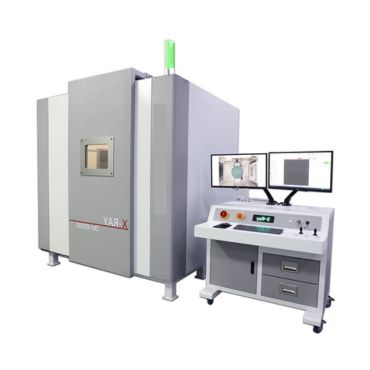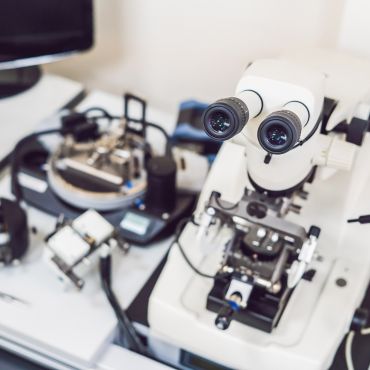Yontone Testing Processes and Quality Checking Process
Excellent inspection capabilities are as important as production capabilities. Yontone has a robust testing and inspection system to comprehensively inspect the molds, die-cast components, castings, and machined products we produce. This ensures that customers receive high-quality products that meet the requirements outlined in the drawings.
Yontone utilizes CMM for the precise measurement of items, mold cavities, casings, die castings and machining parts, frames, gears, cams, worm gears, worm screws, blades, curves, and surfaces. It enables the meticulous inspection of dimensions, shapes, and positional tolerances of workpieces, facilitating tasks such as part inspection, dimensional measurement, and process control.
A 2D projector, utilizing the magnification of optical convex lenses, enlarges the smaller measured workpiece to form a larger image on the projection screen.
Yontone employs it for measuring product profiles and dimensions of castings and machining parts that cannot be detected through CMM inspection.
Yontone utilizes a surface roughness gauge to measure the surface roughness of machined products with specific roughness requirements. Typically, hydraulic components, such as piston or piston rods, have higher roughness requirements because the movement of these components within the cylinder can generate friction, leading to a reduction in product lifespan.
YONTONE employs an air gauge to measure dimensional parameters, shapes, and positional tolerances of workpieces, particularly for measuring features such as deep hole diameters, small hole diameters, and narrow groove widths. The use of an air gauge makes it relatively straightforward to achieve accurate measurements in these cases.
Yontone employs a film thickness gauge to inspect and verify the thickness of surface treatments on molds and products. Coating thicknesses such as galvanization, titanium plating, chromium plating, nickel plating, powder coating, and painting can impact the lifespan and aesthetic quality of the products and molds.
Yontone employs a salt spray test chamber to simulate the degree and speed of surface oxidation and corrosion of castings in marine or humid environments, depending on the final application of the product. This process is used to validate the effectiveness of surface treatments in preventing corrosion and oxidation.
Various calipers are commonly used in measuring product dimensions. These include calipers, depth gauges, height gauges, micrometers, dial indicators, vernier calipers, gauge blocks, pitch gauges, protractors, and inclinometers, among others.
Yontone typically employs hardness testers to assess the hardness of castings or molds after undergoing heat treatment. In general, higher hardness levels are indicative of better wear resistance. The commonly used type is the Brinell hardness tester.
Yontone utilizes a tensile testing machine to measure the tensile strength, elongation at break, elastic modulus, yield strength, and strength coefficient of materials.
Air tightness testing includes: water pressure testing, air pressure testing, and oil pressure testing. According to the final use environment and application requirements of the product, perform targeted pressure tests to check whether the product is leaking.
X-ray flaw detection is mainly aimed at internal defects such as pores and missing materials in metal casting products and die-casting products. In addition, it can also check the welding quality and corrosion degree to ensure that customer products meet quality and safety requirements.
Metallographic structure is the macroscopic expression of the internal structure of metal materials, and it is also an important method to determine the internal structure and defects of metal materials. Metallographic examination mainly uses optical (metallographic) microscopes, magnifying glasses, and stereo microscopes to analyze and study the microstructure, low-magnification structure, and fracture structure of materials.



